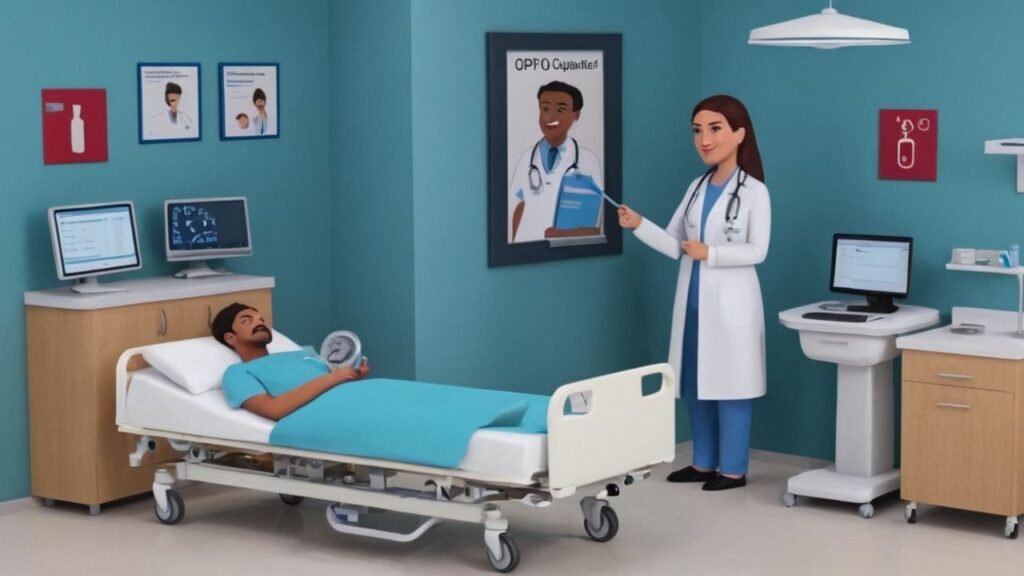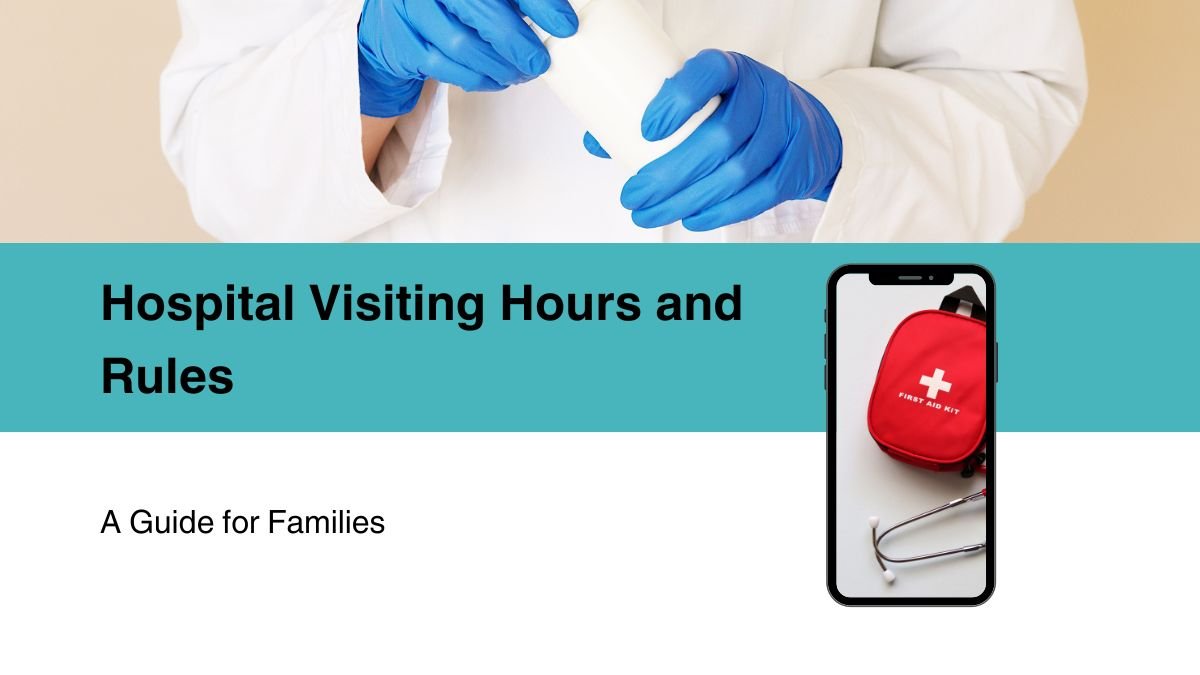What to expect when you are hospitalised for the first time
It’s normal to feel anxious and frightened when you are in the hospital for the first time. The new patients that come and go, the strange noises of machines, the new smells of medicines, and all tell one that the world has become strange. However, some knowledge of what happens in a hospital will go a long way toward reducing anxiety even before you get there.
1. You will be asked a lot of questions
When you are admitted to a hospital, the first step is a registration process. In this, an employee will ask you about your personal information, insurance details and doctor’s advice. Then a nurse or doctor will ask in detail about your medical history, current condition and what medicines you are taking.
For example: If you are taking blood pressure medicine, then it is important for the doctor to know about it so that he can treat you accordingly.
These questions may be asked to you multiple times to see if there is any change in your health.
2. The hospital will provide essentials, but take care of your comfort
You will get a hospital gown to wear and basic necessities like toothpaste, soap, towel, etc. Food will also be provided as per the doctor’s advice.
But, if you want more comfort, take some things from your home like:
- Your clothes (loose pyjamas, innerwear, non-slip slippers)
- Personal equipment like glasses, dental set, hearing aid
- Mobile charger and a favourite book or music
3. You may have to share a room
Many hospitals nowadays have private rooms available, but this is not always the case. If you have to share a room with someone else, do not panic. There are curtains between each bed which are installed to provide privacy.
Note: If you want to sleep comfortably, you can bring ear plugs or sound-proof headphones with you.
4. Many people will be involved in your care

You are not just cared for by a doctor in the hospital. Nurses, attendants, cleaners, lab technicians, and sometimes even medical students may examine you.
For your information, everyone coming into your room should introduce themselves by telling you their name and profession. If no one tells you this, you need to have the courage to ask for it. You have every right to know who is caring for you.
5. Many types of tests can be done
The doctor may order several medical tests to understand your condition properly:
- Blood test
- Urine sample
- X-ray, ultrasound, CT scan, or MRI
Some of these tests may be done in your room itself, for others you will be taken to another department.
6. You will be put on a special diet
Your doctor will decide what you eat in the hospital. If you have to undergo surgery or have digestive problems, you may have to stop eating and drinking for some time. After surgery, you will first be given a liquid diet.
Note: Do not bring home-made food until you get permission from the doctor.
7. You will not be able to get enough sleep

It can be a little difficult to sleep in the hospital. On an average, patients sleep two hours less in the hospital than at home. There can be many reasons for this:
- Unfamiliar environment
- Frequent checks by nurses
- Medicine timing
Tip: Keep your pillow, ear plugs and a light blanket with you. This may help you sleep a little.
8. Every decision related to treatment is yours
At times the hospital setting could be confusing, especially while listening to doctors speaking medical lingo. When in doubt, you shouldn’t hesitate in asking at all!
You should be fully informed about the benefits and disadvantages of any treatment. Your consent is necessary for any surgery or treatment.
Remember: No procedure can be done without your consent.
9. Preparation for discharge begins from the first day itself
As soon as you are admitted to the hospital, the nurse or social worker may ask you how your arrangements are at home. Do you live alone? Are there stairs in the house or not? Will someone take care of you?
The purpose of this is to know whether you will need any kind of help after being discharged from the hospital.
Example: If you have undergone knee surgery and your house has stairs to go upstairs, the hospital can arrange for you to get a walker or wheelchair.
Conclusion: What is the experience of hospitalization like
Going to the hospital for the first time can be a little scary for anyone, but with the right information and a little preparation, you can make this experience very comfortable.
- Keep your essential items ready in advance
- Ask questions to the staff without hesitation
- Know and understand your rights
- Try to understand everything well
Your health is the most precious thing. So whenever you go to the hospital, keep yourself mentally prepared and believe that you are safe there and you are getting the best treatment.
If you have any other doubts related to the hospital, you can ask in the comment below. We are always ready to help you.









